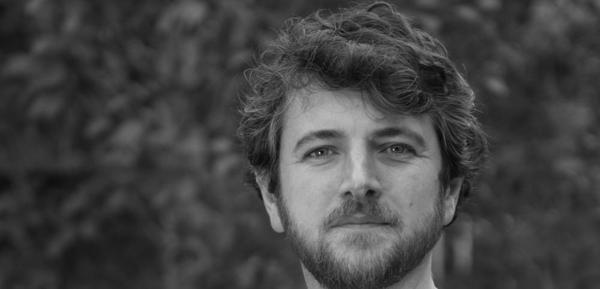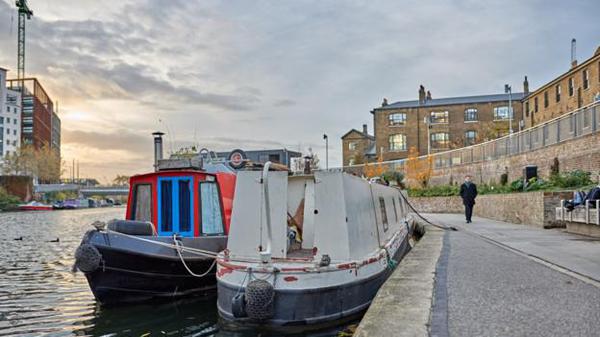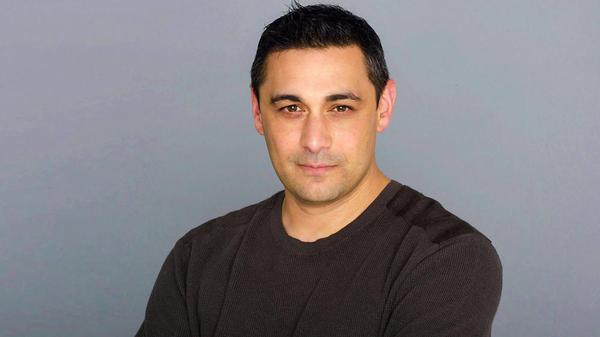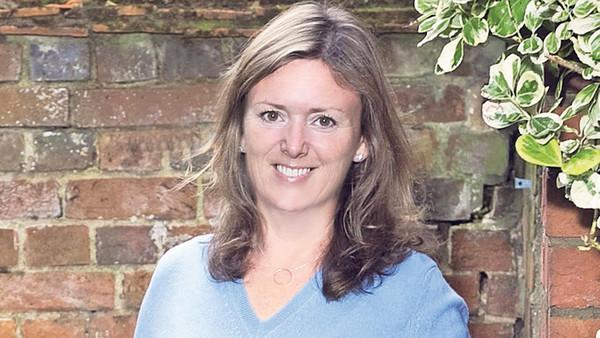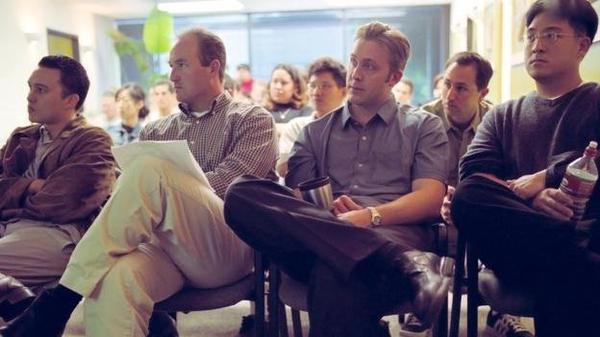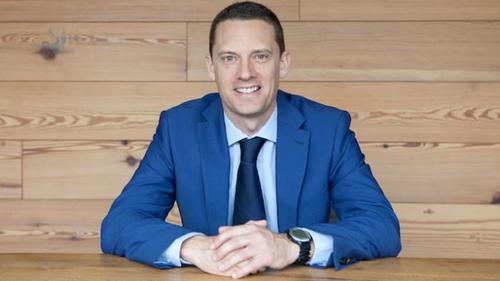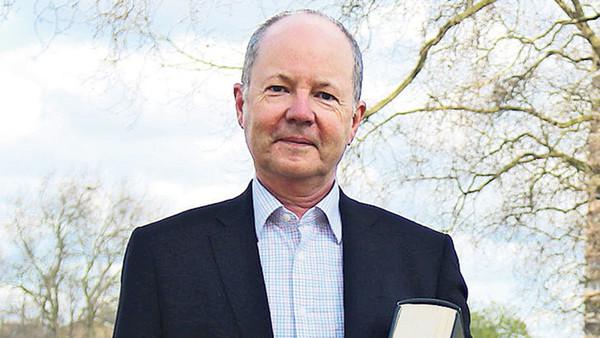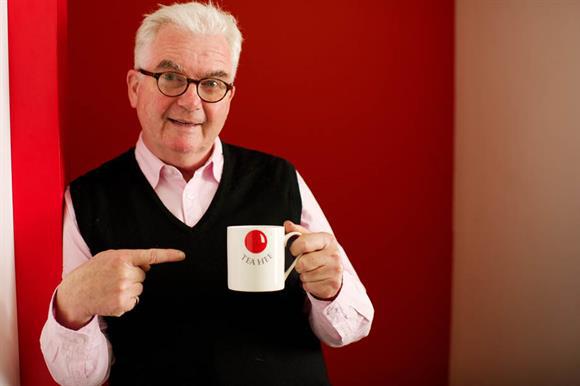27th April 2014
DVD Box-set review: Paul Morrissey
Andy Warhol evokes a few iconic images - The Factory, silver-foiled walls, orgies, drugs – but the only Morrissey I was aware of was the lead singer of The Smiths, and Dallesandro meant even less. Flesh marked the beginning of my stroll of discovery into this arena of cinema that, although far from forgotten or untapped, has been given that most modern of rebirths: the DVD boxset.
Andy Warhol had no direct involvement in this film, but indirectly, of course, he allowed and inspired young directors such as Paul Morrissey to make these types of films. The film opened at Warhol's Garrick Theater in New York, recouping its $1,500 costs in the first week, and ran for seven months before finding worldwide distribution. Its biggest success was in Germany, where it became one of the highest grossing films of 1970. For Dallessandro it meant instant cult and mainstream fame, depending on which country's perspective you look from. Nineteen when Flesh was filmed, he seemed to embody many of the intangible ideas of the late sixties – a new sex, a masculine androgyny, a drugged-up Renaissance figure.
